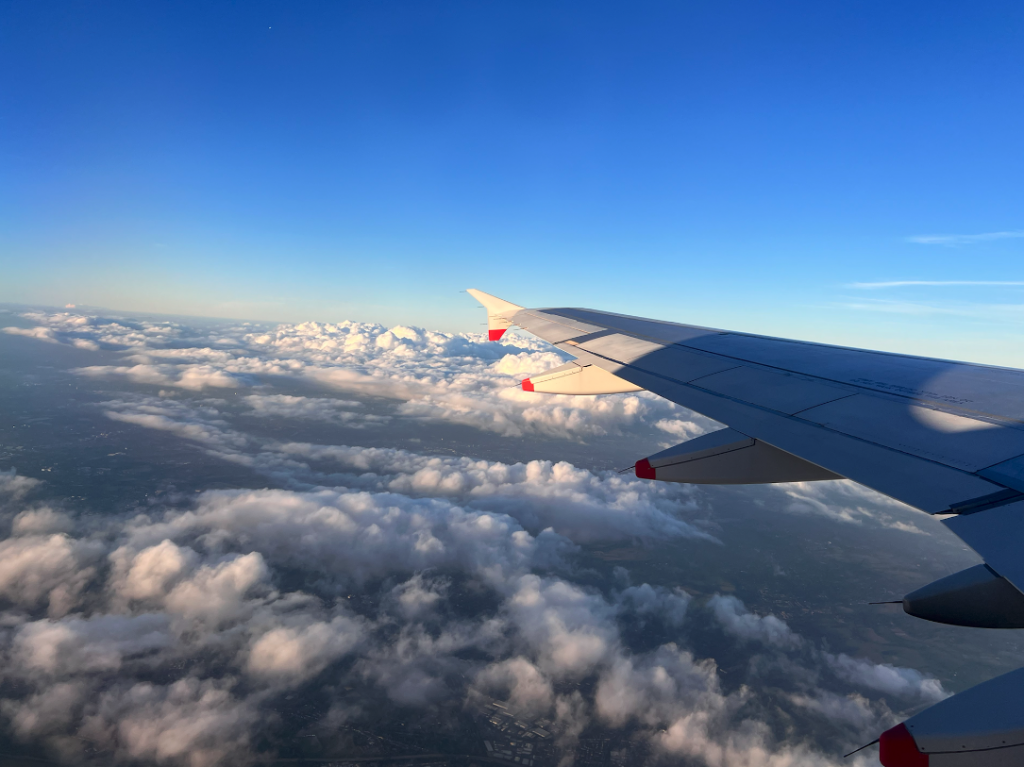-
- An order from Delta Air Lines for at least 100 Boeing aircraft shows supply-chain challenges.
- Boeing's CEO said shortages limited the pace of production on the 737 Max planes.
- Low availability of key production materials continue to roil the global economy.
An order from Delta Air Lines for at least 100 Boeing aircraft shows that corporate leaders are still struggling with managing supply-chain challenges.
Supply-chain challenges have been a strain on businesses as they try to climb back from the damage done when the pandemic shuttered huge swaths of the economy. While backlogs in some parts of the economy appear to be easing, comments from Boeing CEO Dave Calhoun indicate obstacles remain.
Calhoun said the company was each month producing about 31 of the 737 Max planes that Delta ordered. It's a pace, Calhoun said, the company intends to maintain but won't boost for now.
"We'll get into rate increases when we get into rate increases, but the supply chain isn't ready for it yet," Calhoun told CNBC, referring to the speed at which Boeing could produce aircraft.
Calhoun is reluctant to say what the macro supply-chain landscape might look like beyond the next 18 months. For now, the company will continue working to maintain its monthly average.
"Averages don't work very well for customers; predictability does. We have to be at 31 every month, consistently and predictably," he said in the CNBC interview.
Production pacing likely won't affect Delta's purchase — worth an estimated $13.5 billion — as deliveries aren't set to begin until 2025.
Boeing isn't the only company to grapple with difficulty getting what it needs. From baby-formula shortages to slowed production of electric vehicles at Tesla, the low availability of key production materials has hampered seemingly every industry.
The clog to the transportation of goods and commodities was on full display last year as dozens of container ships jammed the port of Los Angeles while waiting to offload goods. The backlog is off its highs, but a recent increase suggests supply-chain headaches aren't going away soon.
Delta's order, which marks the carrier's first from Boeing in more than a decade, will upgrade its narrow-body fleet with the more fuel-efficient 737 Max to accommodate increased passenger travel following record slumps at the onset of the pandemic.
"The strategy was based on the fact that we have aircraft that are retiring, and the Max 10 fits into our network well," Mahendra Nair, Delta's senior vice president for fleet and tech operations, said at a press conference at the 2022 Farnborough International Airshow outside London on Monday. "The Max 10 fits in with our A321neos very well."
The deal extends a positive trend for Boeing, marking a likely turnaround to a tumultuous three-year course for the aerospace giant since the Boeing 737 Max passenger airliner was grounded in 2019. Year to date, Boeing has delivered 216 aircraft, compared with 156 in the first half of 2021.
Delta began addressing criticisms of its aging fleet in 2020. During pandemic travel lulls the company retired or announced the retirement of six aircraft types, including its McDonnell Douglas MD-88 and MD-90 aircraft that had been faithfully flying passengers since the 1980s. The new Boeing order is a continuation of recent fleet upgrades.
Boeing is still awaiting government approval on the Max 10 model because of regulations passed in the wake of the two crashes. They require new planes to be outfitted with a cockpit alert system. Calhoun is cautiously optimistic that approvals will come.
"We have to make our case, and it has to be persuasive, and we believe it is," Calhoun told CNBC.
Boeing is expected to report second-quarter earnings on July 27.
